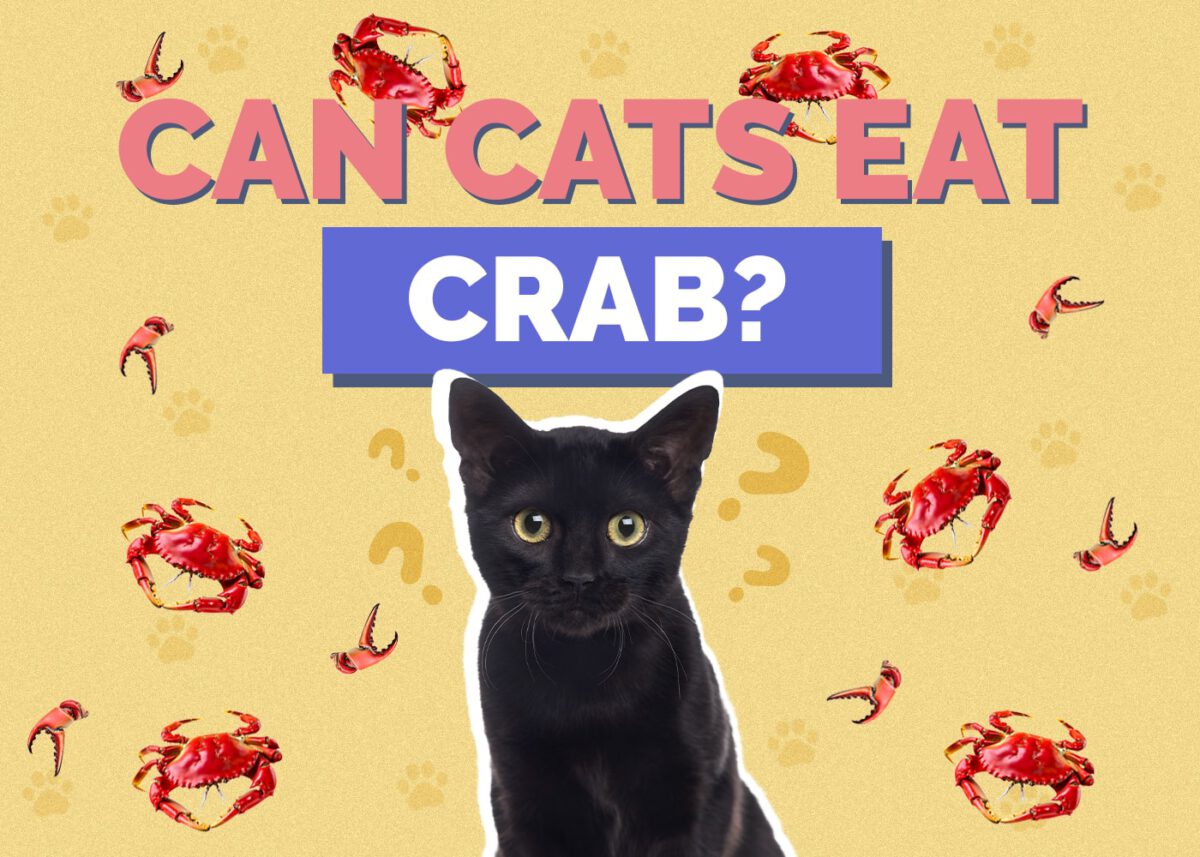Cats have a profound instinct for animal proteins, and their curiosity often leads them to beg for a taste of whatever their human companions are enjoying. While it’s natural to want to share our meals with our feline friends, it’s crucial to know which foods are safe for them. Many cat parents may wonder if it’s okay to feed their cats canned crab meat. In this article, we will explore whether cats can safely eat canned crab and provide you with essential guidelines to keep your kitty healthy.
Cat Nutrition Basics
Cats are obligate carnivores, which means they rely on animal protein as a significant part of their diet. Their digestive systems are designed to process and derive essential nutrients from animal matter. This dietary need is why cats have an innate sense of smell that is highly attuned to animal proteins. They require a high-protein, low-carbohydrate diet to thrive, as excessive carbohydrates can reduce their protein consumption.
Feeding Cats Crab Safely
It is generally safe for cats to consume crab in moderation, but there are essential precautions to consider. First and foremost, cats should never eat raw crab. Raw crab meat can harbor pathogens such as viruses, bacteria, and parasites that may cause digestive upset and necessitate veterinary attention. To ensure your cat’s safety, clean and cook the crab meat as you would for human consumption, without adding oils or spices, as these can be harmful to your feline companion.
Avoiding Crab Shells and Crab Sticks
Crab shells are too hard and can splinter when bitten, posing a risk of mouth and teeth damage, choking, indigestion, or gastrointestinal blockages. It is best to remove the shell entirely before offering any crab meat to your cat.
When it comes to crab sticks or imitation crab, it’s important to exercise caution. While they are generally non-toxic for cats, crab sticks contain various preservatives, additives, and colorings that may be harmful in large amounts. Additionally, their high carbohydrate content is not suitable for cats, and the sodium content can be concerning. It is best to limit your cat’s consumption of crab sticks and not make them a regular part of their diet.
Canned Crab and Other Shellfish
Canned crab should be avoided when it comes to feeding cats. Canned meats often contain high levels of sodium and various preservatives that can be harmful to cats. It’s best to opt for fresh, properly cooked crab meat as an occasional treat.
Shellfish, such as shrimp, can be a good source of nutrients for cats. However, it’s important to cook them properly, remove the shells, bones, scales, and skin. Raw fish should never be given to cats, as it may contain thiaminase, an enzyme that can lead to a thiamine deficiency and cause serious neurological issues.
Frequently Asked Questions
Q: Can cats eat cooked fish?
A: Yes, cats can enjoy cooked fish, but it should be properly prepared, free of bones, and without any seasoning, especially salt, spices, or oils.
Q: What should I do if my cat accidentally eats raw crab?
A: If your cat consumes raw crab, monitor them closely for any signs of digestive upset or discomfort. If you notice any concerning symptoms, it’s best to consult with your veterinarian.
Q: Can cats eat other types of seafood?
A: Some seafood, such as shrimp, can be safely consumed by cats when properly cooked and prepared. However, it’s crucial to remove shells, bones, and other potential hazards.
Q: How can I ensure my cat’s nutritional needs are met?
A: It’s essential to provide your cat with a balanced diet specifically formulated for their nutritional requirements. Consulting with your veterinarian can help you determine the best diet for your furry friend.
Conclusion
As responsible cat parents, it’s crucial to provide our feline companions with safe and nutritious food. While cats can enjoy small amounts of properly cooked crab meat as an occasional treat, it’s crucial to avoid feeding them raw crab, canned crab, crab shells, or crab meat with any spices. Additionally, it’s important to consider your cat’s overall diet and ensure that their nutritional needs are met through a balanced feline-specific diet. If you have any concerns or questions regarding your cat’s nutrition, always consult with your veterinarian for professional advice.
Featured Image Credit: Piqsels
